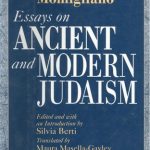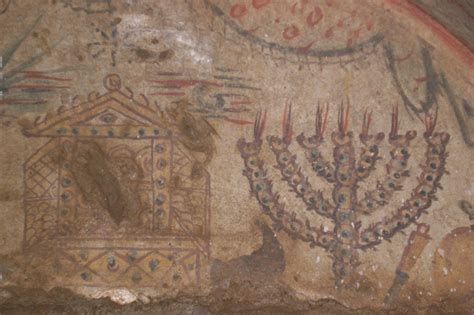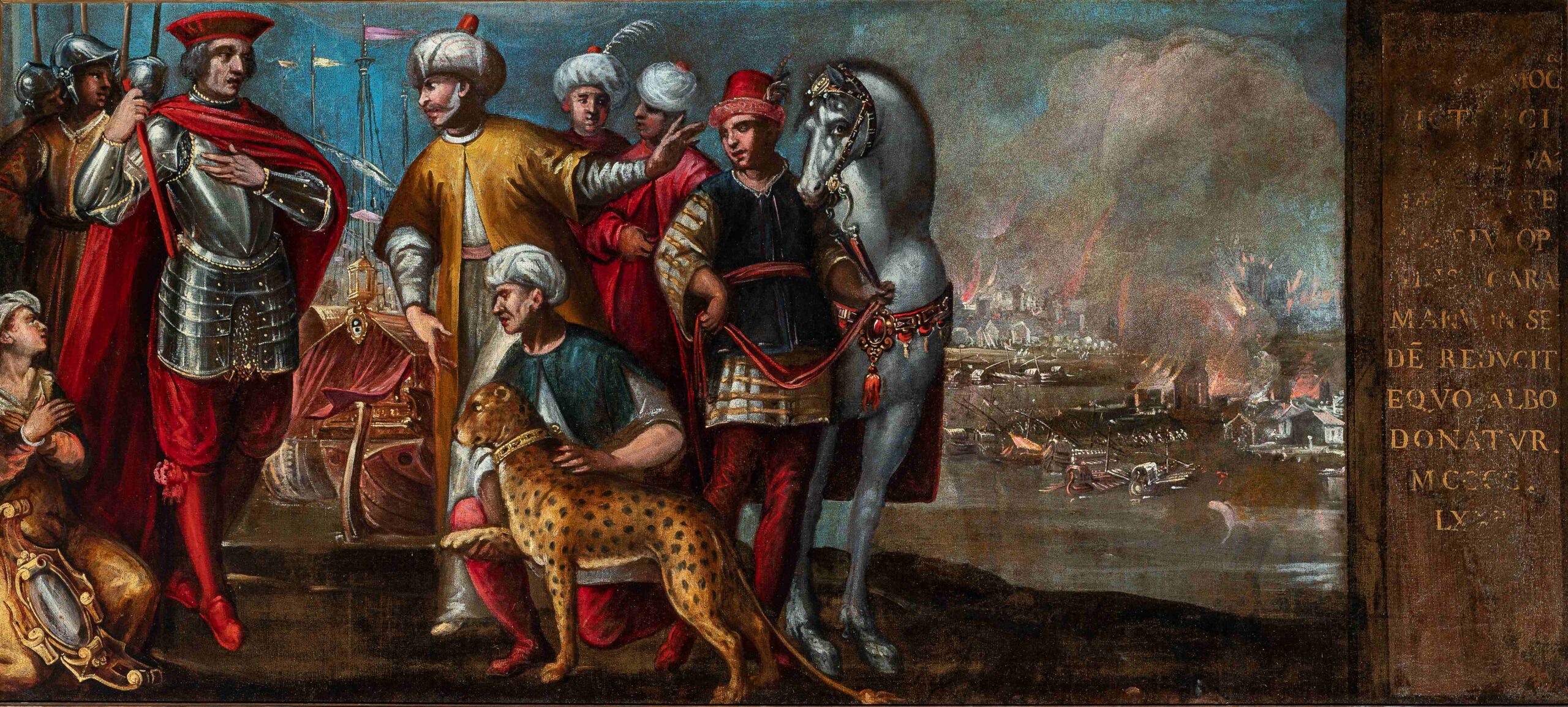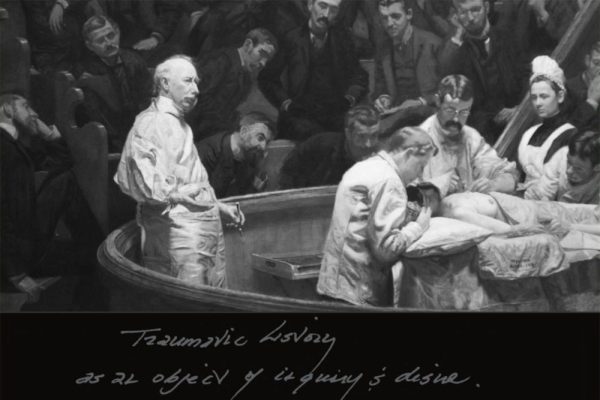Arnaldo Momigliano, Essays on Ancient and Modern Judaism, University Of Chicago Press, 1994

Arnaldo Momigliano (1908-87) was one of the most distinguished twentieth-century scholars of the classics and of ancient and modern history. Throughout his career, but especially in the final twenty years of his life, he wrote essays on a variety of Jewish themes and individuals. This volume collects twenty-six of these essays, most of which appear in English for the first time.
Momigliano acknowledged that his Judaism was the most fundamental inspiration for his scholarship, and the writings in this collection demonstrate how the ethical experience of the Hebraic tradition informed his other works. Part 1 is devoted entirely to writings on ancient and medieval Judaism. In these essays, Momigliano ranges over such subjects as the stages of rapport between Hellenism and Judaism, the figure of Flavius Josephus, and the salient moments of Maccabean history. Part 2 comprises Momigliano’s writings on modern subjects. Here are profiles of Jewish scholars of the classical world (Bernays, Bickerman, and Finley) together with those of eminent representatives of contemporary Jewish thought (Strauss, Scholem, and Benjamin). These essays gain special significance alongside Momigliano’s reflections on Italian Jewry and the Weberian interpretation of Judaism.
Silvia Berti’s Introduction discusses Momigliano’s religious and intellectual formation, the key events of his life, and the influence of Judaism on his mature scholarship. In his Preface, Momigliano offers a personal meditation on his own Judaism and that of his family.
By the time of his death, Momigliano had acquired an international following. This volume will at last give his admirers in the English-speaking world easy access to an important body of his work.
From Library Journal
The late Momigliano (1908-87), a scion of a prominent Italian Jewish family, was one of the 20th century’s most distinguished historians of the Greek and Roman classical periods. He also wrote extensively on Jewish themes and personalities. The current volume presents 26 of his essays on Judaism, which appear in English for the first time. These range from a penetrating analysis of the interactions of Jews and Judaism with Hellenistic culture to his thoughts on such modern Jewish luminaries and scholars as Gershom Scholem, Walter Benjamin, and Leo Strauss. Particularly illuminating is his essay on the Jews of Italy and their contributions to Italian history, politics, and culture. Although this is a brilliant and fascinating anthology, its subject matter is specialized and scholarly. Recommended for very large or scholarly libraries.
Robert A. Silver, Shaker Heights P.L., Ohio
Copyright 1994 Reed Business Information, Inc.
From Kirkus Reviews
These 26 essays and two short reviews display the considerable erudition of one of this century’s leading scholars of ancient history, Momigliano (1908-87) taught at the Scuola Normale Superiore in Pisa, as well as at the University of London and the University of Chicago, and these essays show his impressive scholarly range not only in history, but in such related disciplines as philology and sociology. Particularly interesting in the “ancient” section is a trio of pieces on Flavius Josephus, a first-century Roman sympathizer who also was the last major Jewish historian until the 16th century. Momigliano demonstrates that while Josephus, in his Against Apion, defended Judaism from heteronomous systems of thought, he gave short shrift to its more communal and religious, as opposed to strictly legal, aspects. In the modern period, Momigliano focuses more on German- than on Italian-Jewish history. He profiles and analyzes, among others, the 19th-century Jewish classicist Jacob Bernays (an ancestor of Freud’s wife, Martha) and those exceptional friends who have had such a pronounced influence on 20th-century Jewish and western culture, Gershom Scholem and Walter Benjamin. Momigliano clearly writes for fellow scholars and very well read laypeople. While his prose is consistently clear and informative, it is sometimes difficult because of the considerable background knowledge he assumes. Still, there are a host of penetrating analyses here, such as a critique of Max Weber’s portrayal of the Jews (in Ancient Judaism) as a “pariah people,” a concept later explored by Hannah Arendt. Berti’s introductory biographical essay is superb. On balance, this is a substantial contribution to the disciplines of Jewish studies, history, and historiography. — Copyright ©1994, Kirkus Associates, LP. All rights reserved.









